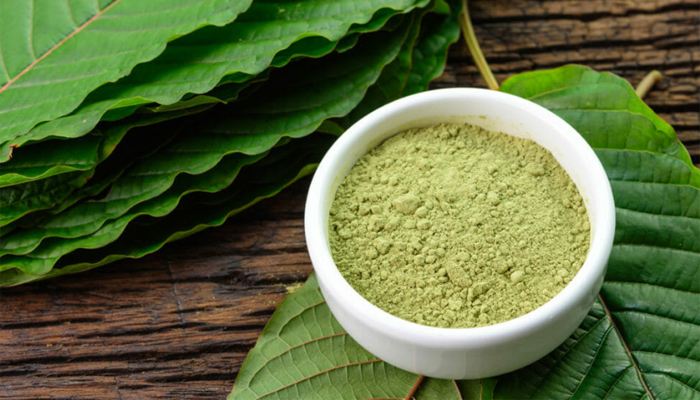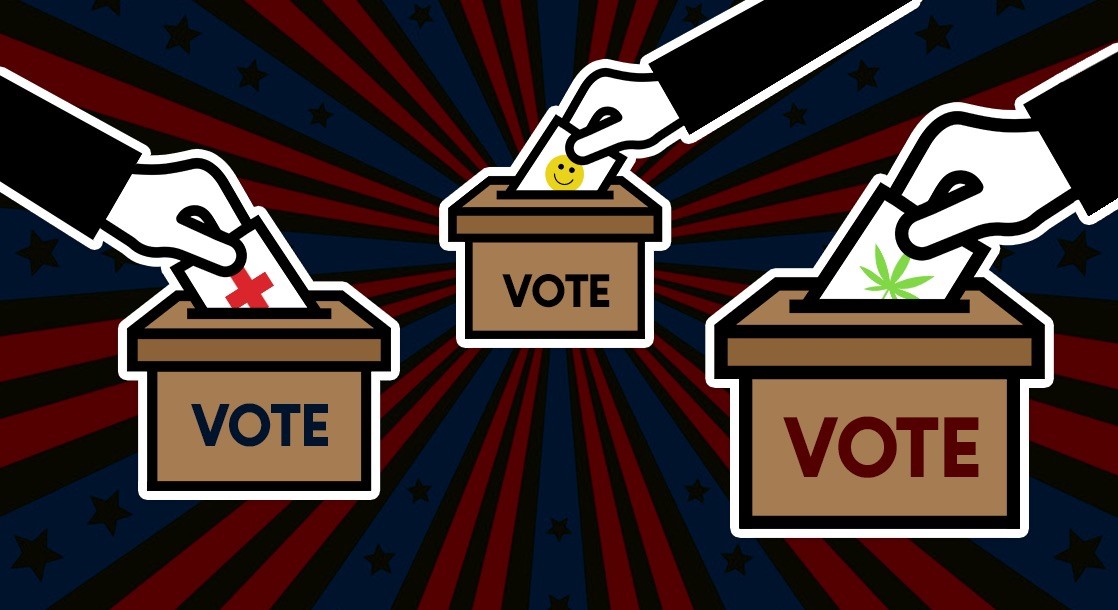Image via
The US Food and Drug Administration (FDA) is now accepting public commentary on a United Nations (UN) proposal to ban kratom throughout most of the world.
This fall, the UN World Health Organization (WHO) Expert Committee on Drug Dependence will meet to discuss whether several drugs, including kratom, should be added to its list of globally-prohibited drugs. The FDA will issue a formal recommendation to the WHO regarding this ban, but before it does, the agency is required to accept public commentary on the issue to inform its final decision.
In a notice published in the Federal Register last week, the agency invites “interested persons to submit comments concerning abuse potential, actual abuse, medical usefulness, trafficking, and impact of scheduling changes on availability for medical use of seven drug substances. These comments will be considered in preparing a response from the United States to the World Health Organization (WHO) regarding the abuse liability and diversion of these drugs.”
At first glance, it might seem like the FDA’s request for comments is well-intentioned, but upon further investigation, it is abundantly clear that the agency has an agenda. FDA officials consider kratom to be a dangerous and addictive drug, and have already tried to get this plant-based compound banned domestically. These domestic efforts did not succeed, but if the UN were to ban kratom globally, the US would almost certainly follow suit.
Mac Haddow, senior fellow of public policy at the American Kratom Association (AKA), told Marijuana Moment that if the WHO does add kratom to its list of controlled substances, “37 countries that are part of that international treaty… will effectively ban kratom around the world. The FDA cannot get kratom scheduled here in the United States using the criteria that’s established by the Controlled Substances Act, so they’re circumventing that and going to the WHO.”
Haddow accused the feds of “prosecuting a war on kratom to criminalize more than 15 million Americans, and they ignore the public health impacts of kratom consumers being forced to opioids with a high potential for addiction and that can be deadly… More overdose deaths will occur if kratom is banned, and that is exactly what the FDA is trying to do.”
The FDA notice clearly indicates that the agency has already made up its mind about this opioid alternative. “Kratom is abused for its ability to produce opioid-like effects,” the agency wrote. “Kratom is available in several different forms to include dried/crushed leaves, powder, capsules, tablets, liquids, and gum/resin. Kratom is an increasingly popular drug of abuse and readily available on the recreational drug market in the United States.”
The agency is specifically looking for research studies and well-researched public policy recommendations that either support or oppose the kratom ban. Interested parties will need to comply with a strict set of regulations in order to submit their comments – but the feds will only accept comments until August 9th, giving advocates less than a month to get their documentation in order.
“The FDA’s request for public comments on a matter of such importance involving the international scheduling of kratom is an extraordinary abuse of their authority,” said Haddow to Marijuana Moment. The agency’s deadline allows “only three weeks for scientists, public policy makers and consumers to provide responses that are well researched and responsive to the complex requirements for data and information that will be considered by the WHO Expert Committee.”
The AKA hopes to solicit thousands of comments in favor of kratom, but Haddow cautions that these comments need to be directed at the WHO, not the FDA. “We don’t want people complaining about the FDA overreach because we can fight that battle on a separate battleground, but we want the WHO to know the powerful experiences that people have had” with kratom, he explained.











